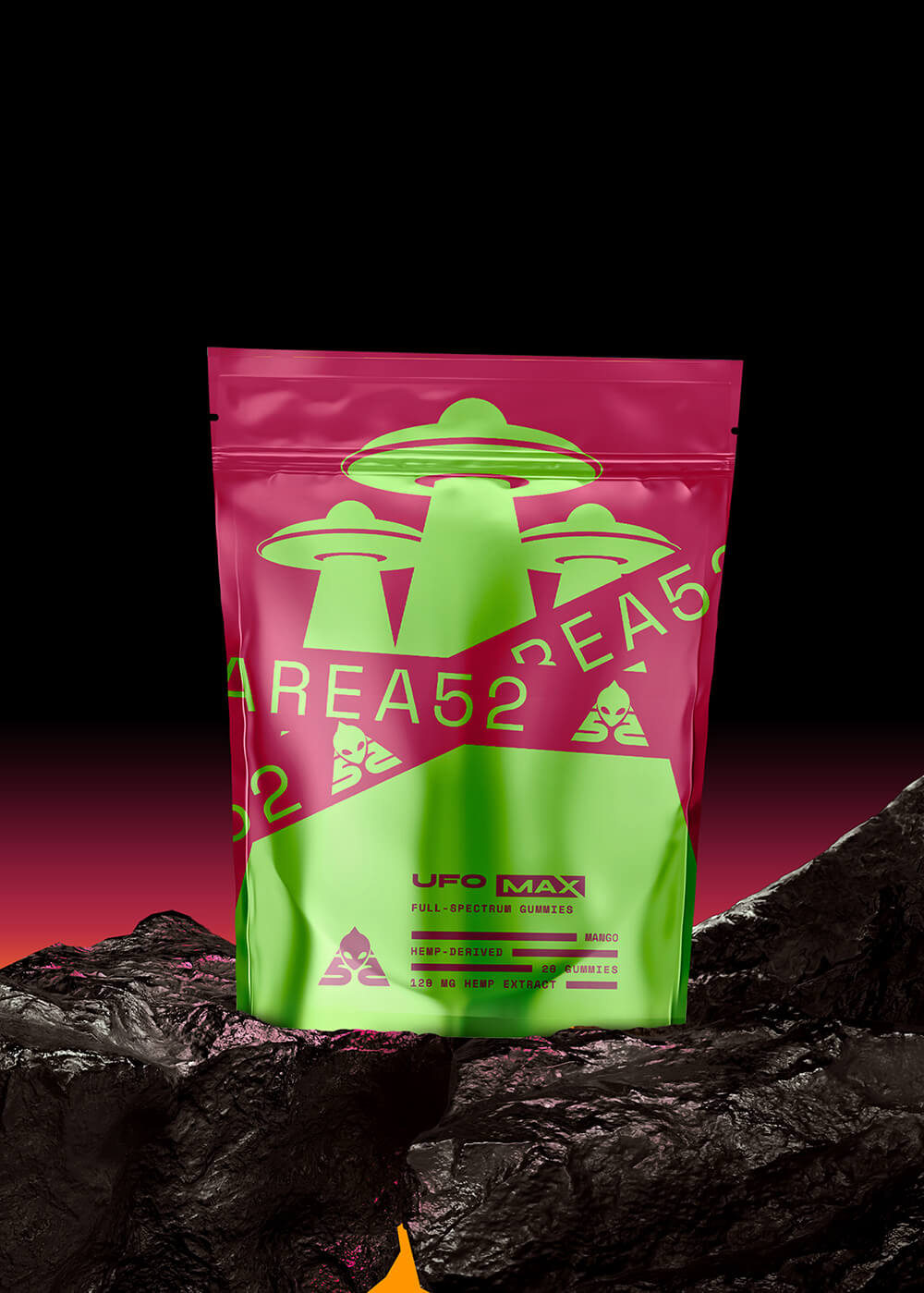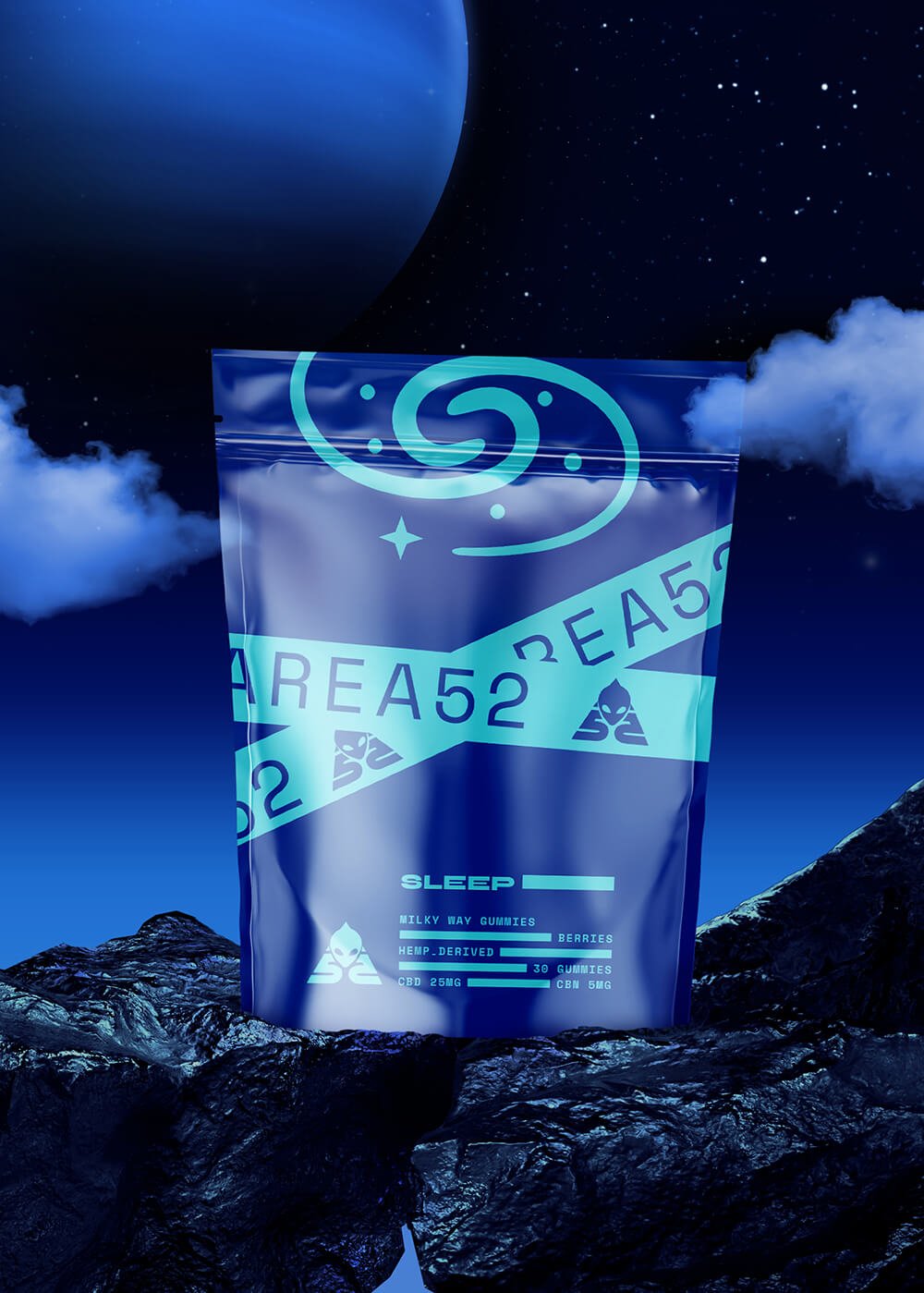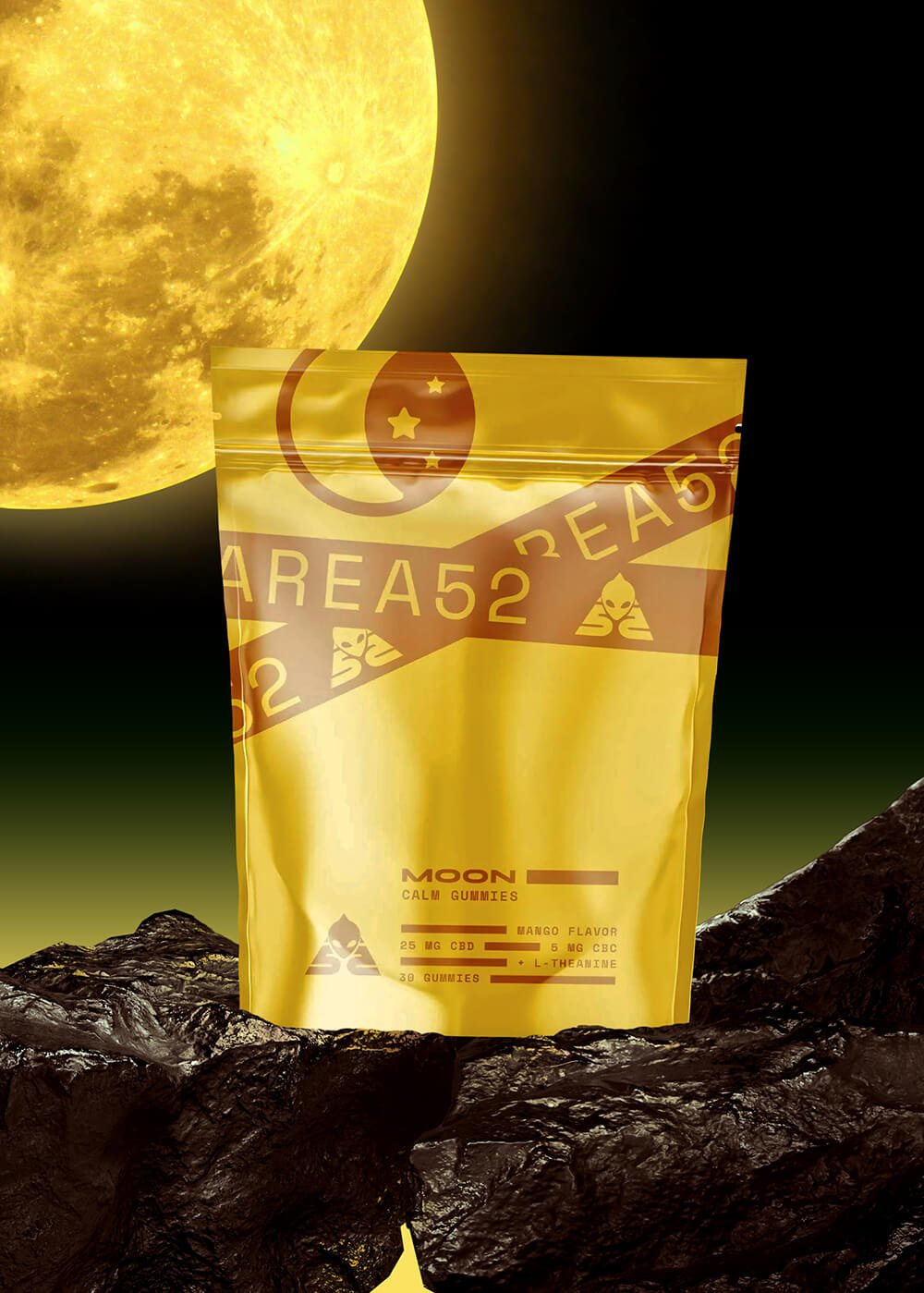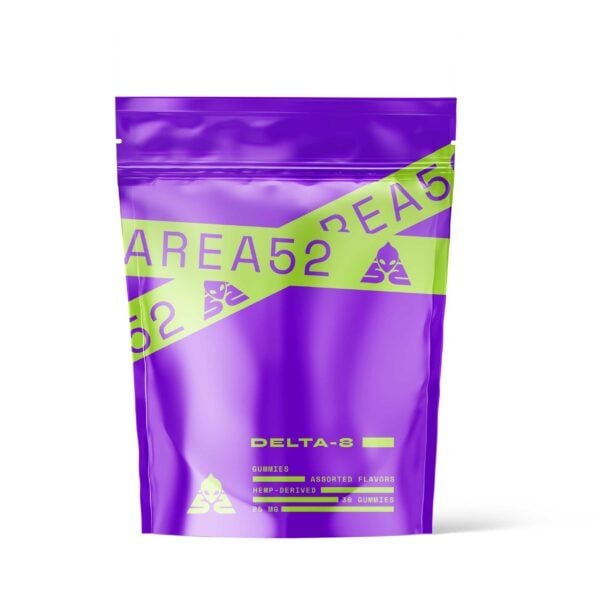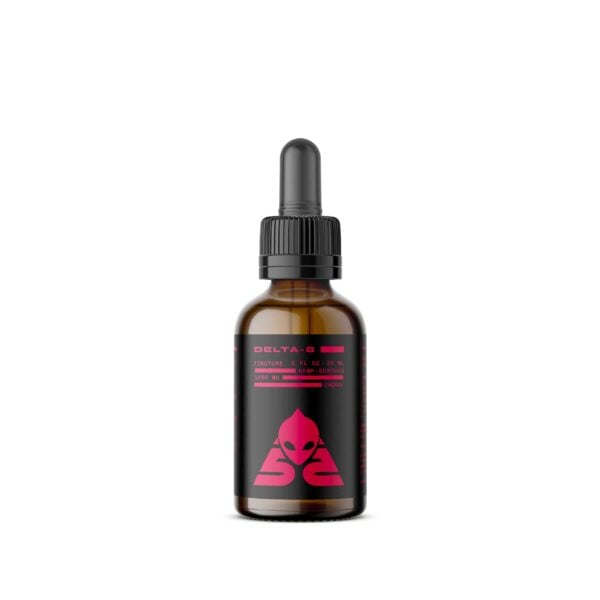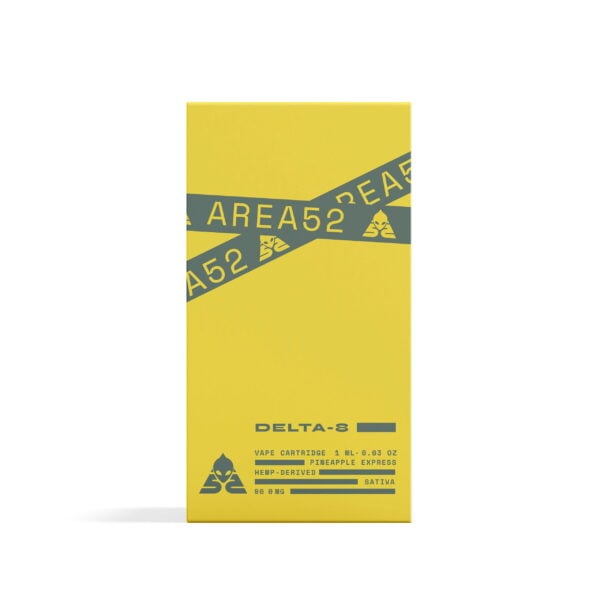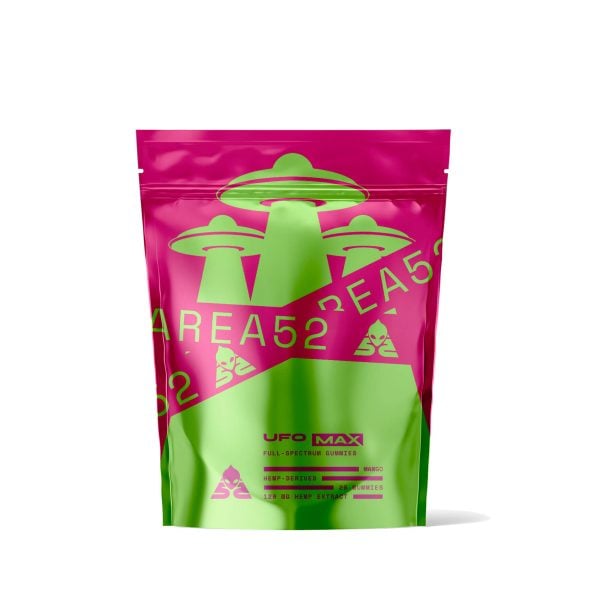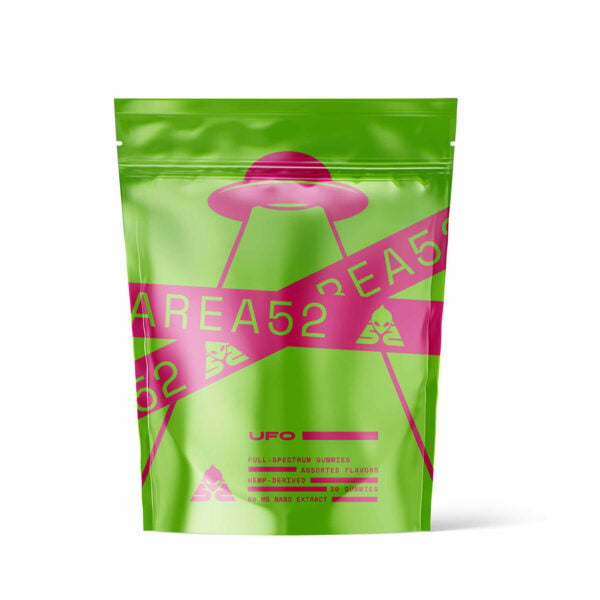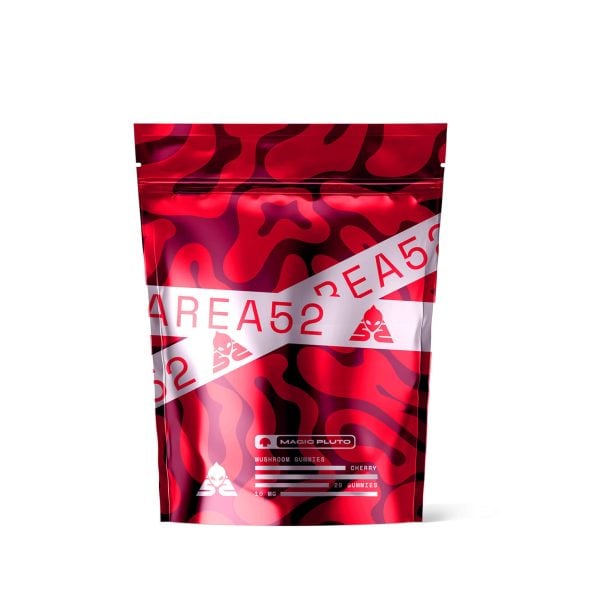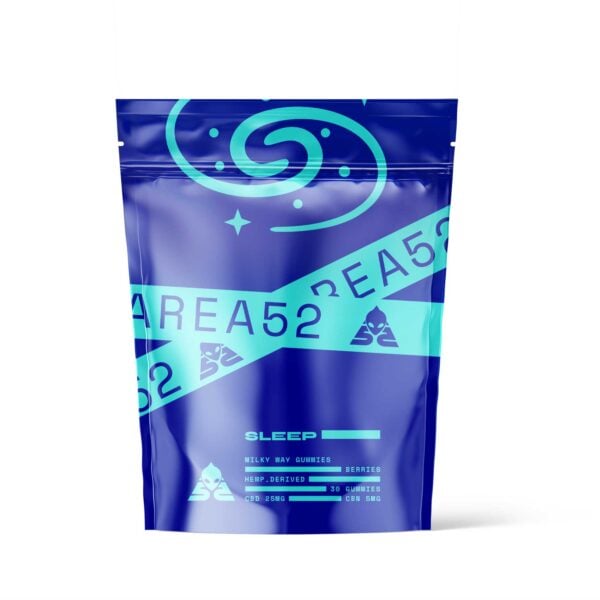Delta 8 THC in Michigan: Is It Legal & Where to Buy in 2025?
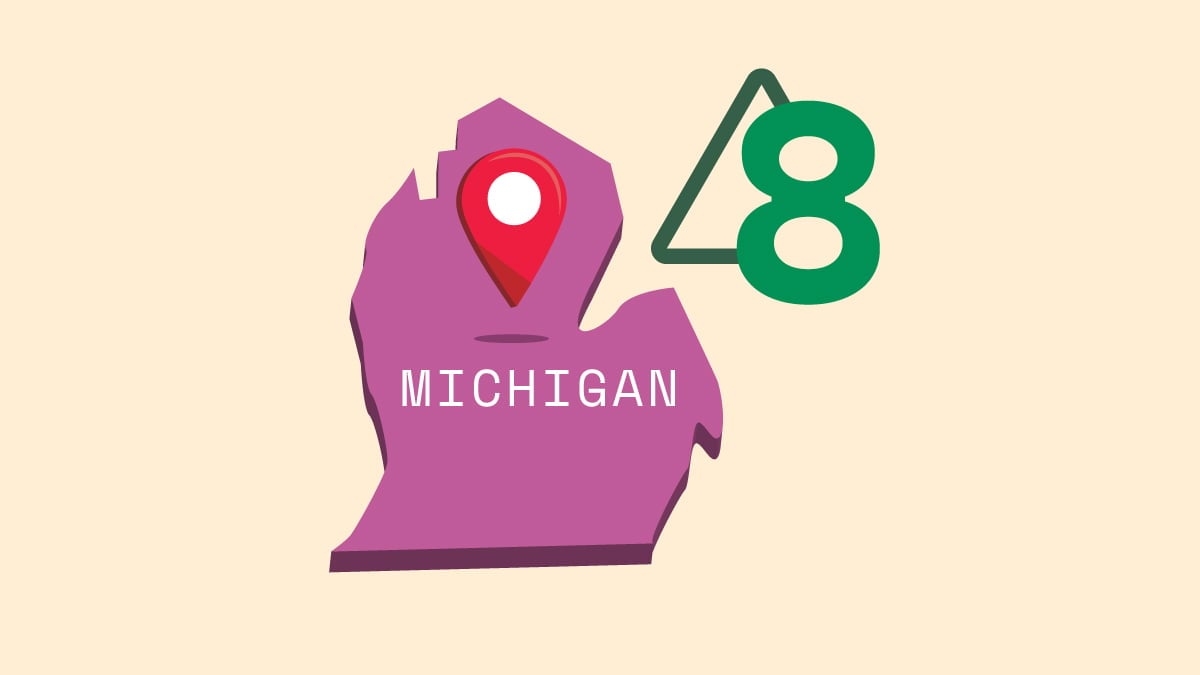
If you’re wondering whether delta 8 THC is legal in Michigan, you’ll be pleasantly surprised. Delta 8 THC is completely legal in this Great Lake state and can be purchased with few restrictions.
Regulations in this state follow the federal guidelines in regards to delta 8 THC. Therefore, not only is this federally legal cannabinoid lawful and freely accessible, but delta 9 THC is as well.
Both medical and recreational marijuana and hemp-derived cannabinoids are unrestricted in the “land of lakes” — Michigan.
Is Delta 8 Legal in Michigan?
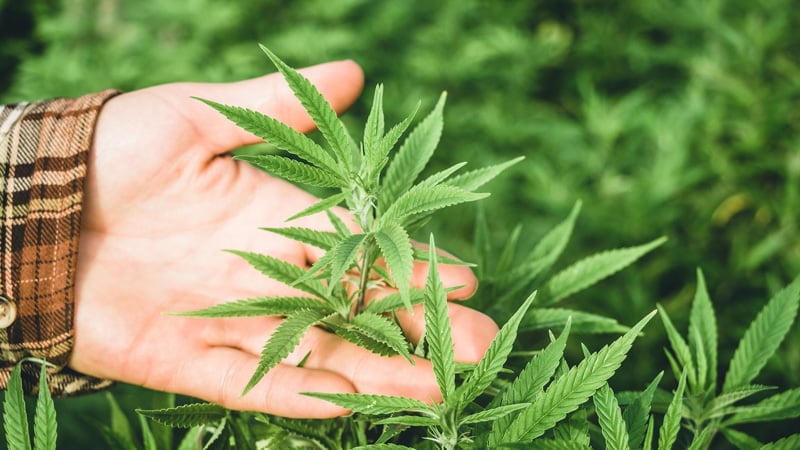
Yes, delta 8 THC is 100% legal in Michigan.
Hemp-derived delta 8 THC is legal under federal law. However, many states restrict the sale and use of the product under state law, some even implementing a full ban. Michigan is not one of these states, so the cannabinoid is legal both federally and locally.
When the Farm Bill was amended in 2018, the legislation changed how the federal government regulates hemp as a whole. According to federal guidelines, hemp and all its parts are legal, so long as its delta 9 THC content doesn’t exceed 0.3% on a dry weight basis. The amendment opened up opportunities for the hemp industry to grow.
The amendment differentiated hemp-derived products from cannabis-derived products. Before, cannabinoids extracted from hemp plants were treated the same by law as cannabinoids extracted from cannabis.
This made room for companies to develop products extracted from hemp such as both CBD and delta 8 THC and allowed distribution of such products country-wide.
Intoxicating yet legal hemp products, in particular, became widely popular in many states, particularly in non-legal ones. Their popularity led to rampant unlicensed commercial production of chemically synthesized cannabinoids with psychoactive properties like delta 8 and delta 10, to name a few.
Not only can you find these products online or in local smoke and vape shops, but you’ll even see them in gas stations and convenience stores. Their widespread availability has raised public safety and health concerns among lawmakers, especially since most products don’t follow safety guidelines or undergo stringent testing standards, unlike the marijuana industry which is strictly regulated by each state’s marijuana regulatory agency with proper licensing and strict high testing.
Because of the unregulated hemp market and its psychoactive nature, some states banned delta 8 and similar cannabinoids, listing them under controlled substances in their local laws.
Fortunately, Michigan isn’t included in the states that prohibit delta 8. State lawmakers passed House Bill 4744 (Industrial Hemp Research and Development Act) in 2018, which legalized hemp cultivation, production, sale, consumption, and possession, including delta 8 THC.
In 2021, House Bill 4517 was signed into law. It placed delta 8 under state regulation, with the Michigan Cannabis Regulatory Agency regulating the market and allowing only state’s licensed growers and companies to cultivate, manufacture, distribute, and sell such products to residents aged 21 and older.
Where to Buy Delta 8 THC in Michigan
 Delta 8 THC can be purchased in certain stores, licensed marijuana dispensaries, and online.
Delta 8 THC can be purchased in certain stores, licensed marijuana dispensaries, and online.
Purchasing delta 8 THC online is by far the best way to source it. When you purchase directly from the manufacturer, it’s usually cheaper, with online discounts and loyalty schemes often available.
The benefits of ordering delta 8 THC online:
- Online shops have better pricing and seasonal discounts
- When you buy online you can read customer reviews & third-party tests before you buy
- Ordering online is easier and more convenient
- Online shops have a greater selection of products
- Products left on store shelves degrade more quickly
Shop For the Best Delta 8 THC Products in Michigan
Do I Need A Medical Card in Michigan To Order Delta 8 THC?
You do not need a medical card to order delta 8 THC in Michigan.
Delta 8 THC is in the same class as CBD and other hemp-derived cannabinoid extracts, so the same laws control it. Under federal and state law, it’s legal to purchase delta 8 THC online without restrictions as long as the customer is above 21 years of age.
Although federal regulations don’t restrict the sale of delta 8 THC to people under 21 years of age, Michigan state law may abide by this minimum age requirement. Any legitimate company will not allow the sale of delta 8 THC to anyone under this age.
Delta 8 Vapes & The PACT Act
Although the sale of CBD and delta 8 products isn’t restricted under federal law, some laws are surrounding vaping that restrict sales.
By US federal law, vendors that distribute any vape products, including those that use delta 8 THC, must verify age before the sale. This law is called the PACT (Prevent All Cigarette Trafficking) act and came in during March 2021.
If a website doesn’t ask for age verification, they’re committing a crime by not abiding by this law. Therefore, if you don’t encounter age verification on a website when attempting to purchase delta 8 vape products, you should not go through the purchase.
A website that doesn’t ask for age verification is likely cutting corners elsewhere in the business. In addition, selling vape products without age verification is illegal in the state of Michigan.
If a company is doing this, they’re likely selling inferior products that lack quality, don’t contain any delta 8 THC, use inferior ingredients, or make claims that aren’t true.
Avoid any company that doesn’t abide by the PACT act to ensure the vapable delta 8 THC you purchase is safe and lacks quality.
What’s The Difference Between Delta 8 THC & Delta 9 THC?
Delta 8 and delta 9 THC are naturally occurring cannabinoids found in the cannabis plant. Delta 9 is found in high concentrations and is responsible for the cannabis high we’re familiar with, while THC isomers like delta 8 are found in small quantities. To obtain more, we convert hemp derived CBD into delta 8 and other psychoactive cannabinoids.
Both THCs are very similar in some respects — and very different in others.
They stem from the same cannabinoid group, tetrahydrocannabinol (THC), and activate the body’s endocannabinoid system. When it comes to their chemical structures, both delta 8 and delta 9 THC are the same but differ from one double bond. This single molecular bond is what makes the cannabinoids have different structures, effects, and legality.
Delta 8 THC is psychoactive like its federally illegal cousin delta 9. However, it’s much weaker and doesn’t impair the user in the same way.
Delta 8 THC is less potent, produces milder intoxicating effects than delta 9, and has a much lower chance of causing side effects like short term memory impairment, hyperstimulation or paranoia. However, at high doses, delta 8 can also cause adverse effects such as red eyes and dry mouth.
Compared to delta 9 THC though which is well-studied, we need more research on delta 8 THC, especially its benefits, long-term effects, and side efects.
How to Use Delta 8 THC
There are several ways that you can use delta 8 THC. The cannabinoid can be applied under the tongue for sublingual absorption, consumed orally where it can be absorbed in the digestive tract, or inhaled as a vapor where it can be absorbed through the alveoli in the lungs.
Each consumption method has its upsides and downsides. Ultimately, it’s up to you to decide which method you prefer.
Some of the most popular ways to consume delta 8 THC include:
- Vape cartridges
- Tinctures
- Edibles
- Topicals
- Concentrates
- Suppositories
The most popular way to consume delta 8 THC is by vaping. This is because vape cartridges tend to have the highest levels of active delta 8 THC, alongside tinctures.
When cannabinoids are inhaled, they’re much more bioavailable. This means, when delta 8 THC is inhaled, the effects kick in quicker and are much more noticeable. However, vaping is not recommended for people that suffer from respiratory issues.
Next in line are gummies and other edibles. People love D8 gummies because they are easy to consume and taste great. Unfortunately, edibles are less bioavailable because some potency is lost during digestion. However, the effects do last much longer compared to vaping.
Tinctures come next because they offer great flexibility in terms of dosage. Tinctures come with droppers included. This is so the user can apply measured doses of the tincture under the tongue for sublingual absorption.
This allows you to adjust the dose simply by increasing or decreasing the number of drops taken at once. When delta 8 THC is applied this way, it’s extremely bioavailable. However, the effects do take a while to notice, although absorption time isn’t as long as edibles.
Is Marijuana (Delta 9 THC) Legal In Michigan?
Michigan has a medical marijuana program that allows patients with legitimate health conditions to use the plant, including its marijuana flower, for various medical uses. Recreational use is also legal in the state since 2018, with voters approving Prop 1, which legalized marijuana for adult use.
The state has a robust medical and recreational marijuana market, with both the Michigan Cannabis Industry Association and the Michigan Cannabis Manufacturers Association playing active roles in shaping state policies.
Related: Where is marijuana legal in the United States?
Is Delta 10 THC Legal in Michigan?
Delta 10 THC is also completely legal in Michigan. It’s included in the same regulations as delta 8. As long as it’s made from hemp and contains low concentrations of delta 9 THC, it’s legal without the need for a medical license.
What’s The Future of Delta 8 THC in Michigan?
We’ve made a giant step toward marijuana reform. Across the US, cannabis and hemp products are becoming less restricted and less stigmatized day by day.
The future of cannabis and hemp is bright not only in Michigan but all over the United States as more and more local governments listen to what the public wants. For example, delta 8 THC is federally legal even though the Farm Bill doesn’t directly state the cannabinoid by name.
Michigan follows these federal laws; therefore, hemp-derived delta 8 THC is legal. The state has also legalized cannabis for both medical and recreational use.
It’s unlikely that delta 8 THC or any other cannabinoids, for that matter, will be banned anytime soon. On the contrary, by the looks of things, most states are looking to reduce restrictions further and continue moving forward with legalization.
FAQs on Delta 8 and Other Cannabinoids in Michigan
Below is a short list of questions and answers regarding delta 8 as well as other cannabinoids in Michigan.
1. Is Delta 8 THC Legal in Michigan?
Delta 8 THC is legal in Michigan but is regulated similarly to cannabis products.
2. Is Delta 9 Legal in Michigan?
Delta 9 is legal in Michigan. The state legalized medical use in 2008 and recreational use in 2018.
3. Is CBD Legal in Michigan?
CBD is legal in Michigan, both hemp-derived and marijuana derived.
4. What THC is Legal in Michigan?
The THC forms that are legal in Michigan are delta 9, delta 8, and delta 10, regardless of the source.
5. What is the Definition of Hemp in Michigan?
Michigan’s definition of hemp follows federal guidelines, that it must be industrial hemp with no more than 0.3% THC content.
